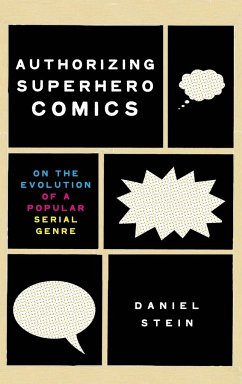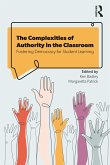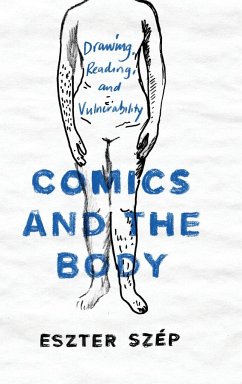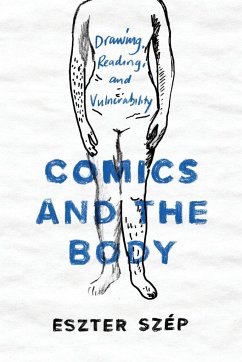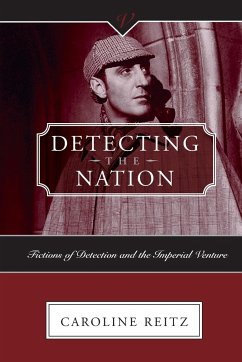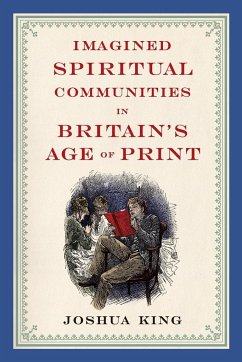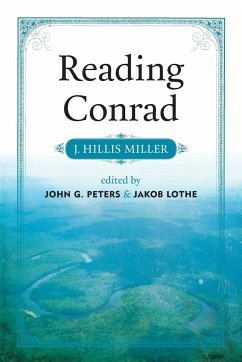Authorizing Superhero Comics examines the comic book superhero as a lasting phenomenon of US popular serial storytelling. Moving beyond linear- or creator-centered models of genre development, Daniel Stein identifies authorization conflicts that have driven the genre's evolution from the late 1930s to the present. These conflicts include paratextually mediated exchanges between officially authorized comic book producers and, alternatively, authorized fans that trouble the distinction between production and its reception; storyworld-building processes that subsume producers and fans into a collective rooted in a common style; parodies that ensure the genre's longevity by deflating criticism through self-reflexive humor; and collecting and archiving as forms of memory management that align the genre's past with the demands of the present. Taking seriously the serial agencies of the superhero comic book as a material artifact with a particular mediality, the study analyzes letter columns, editorial commentary, fanzines, encyclopedias, and other forms of comic book communication as critical frameworks for understanding the evolution of the genre-assessing rarely covered archival sources alongside some of the most treasured figures from the superhero's multi-decade history, from Batman and Spider-Man to Wonder Woman and Captain America.
Hinweis: Dieser Artikel kann nur an eine deutsche Lieferadresse ausgeliefert werden.
Hinweis: Dieser Artikel kann nur an eine deutsche Lieferadresse ausgeliefert werden.

